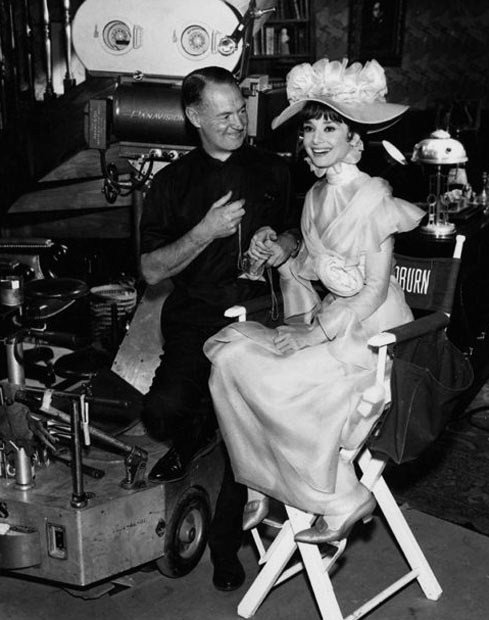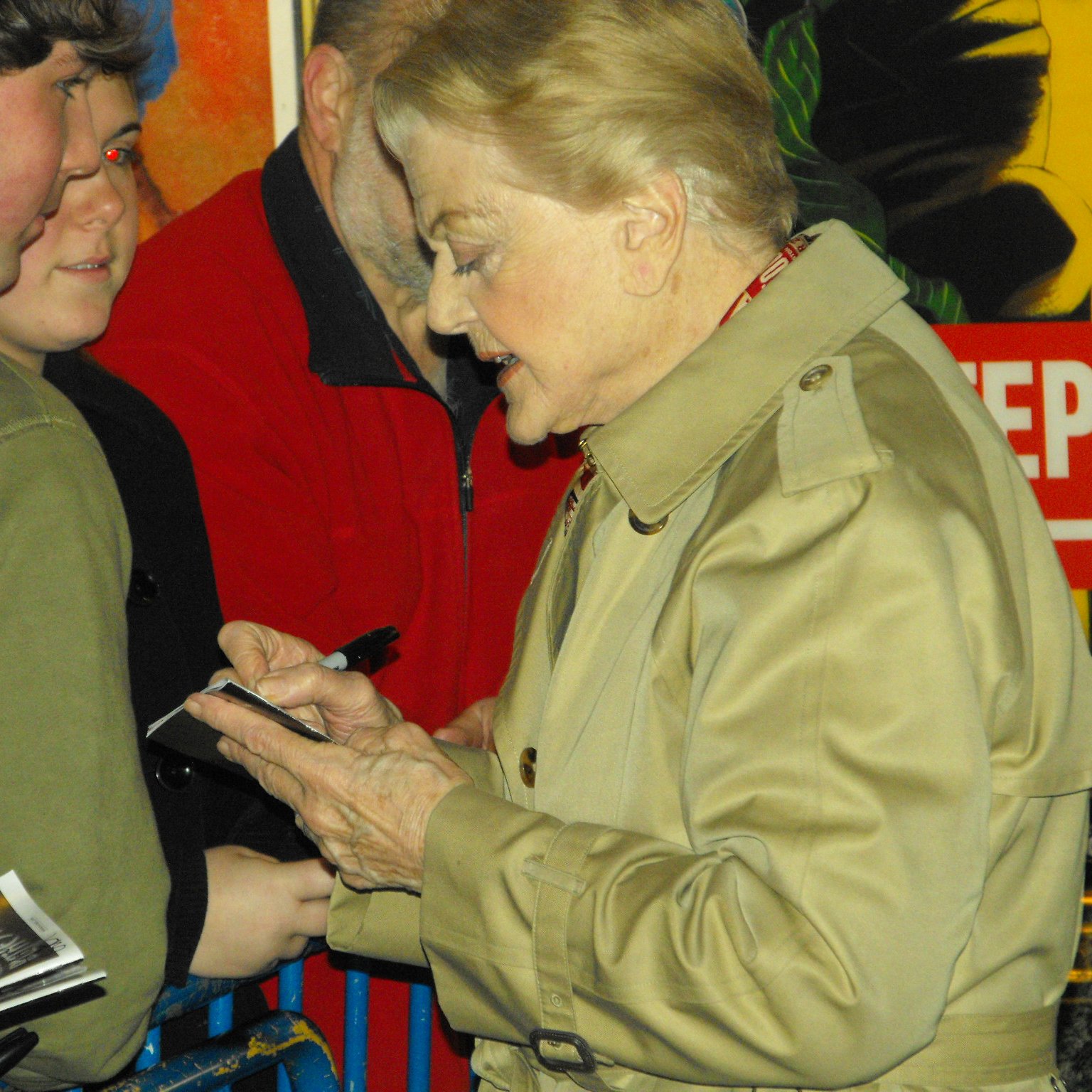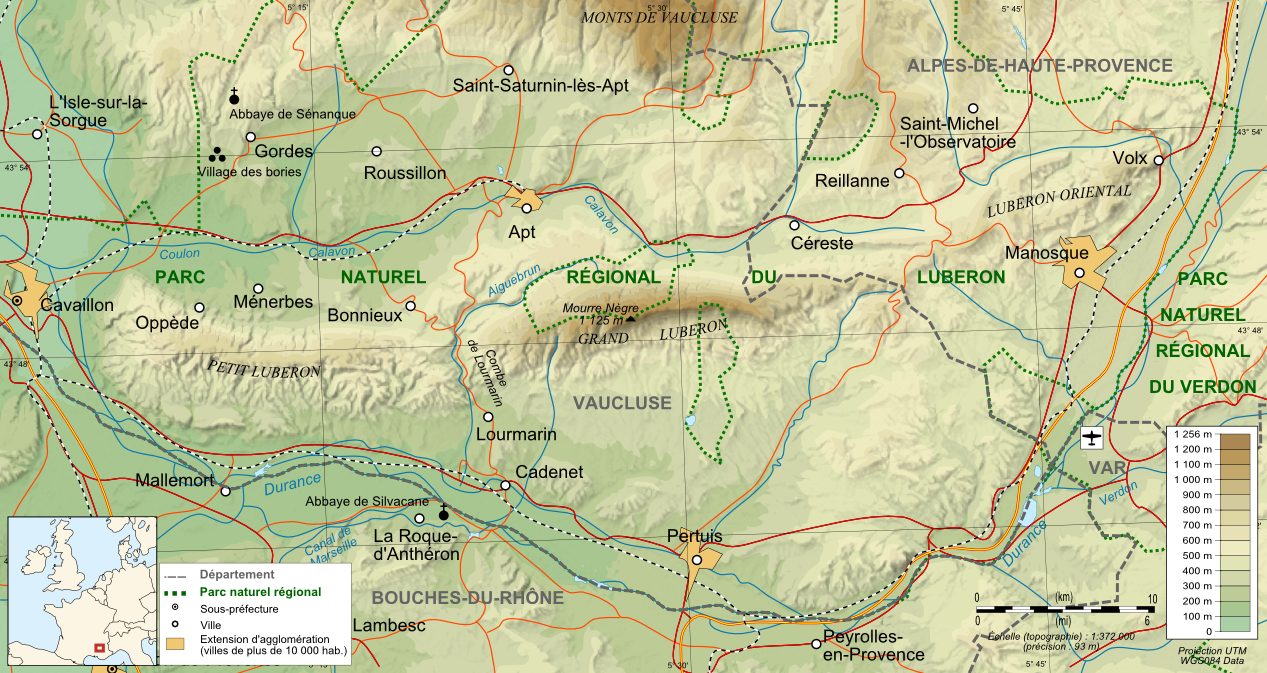|
Jackie Smith-Wood
Jacqueline A. Smith-Wood (born 1954) is a British actress and director. As an actress she has worked in film, television, theatre and radio. Internationally she is best known for her portrayal of Mary Crawford in the BBC's 1983 miniseries of Jane Austen's ''Mansfield Park''. On stage, she starred opposite Peter O'Toole in ''Man and Superman'' and ''Pygmalion''. She made over a dozen British television appearances. Early life and education Jackie Smith-Wood was born in 1954 in Cheltenham, Gloucestershire, England. She was educated at Oxford University and at the Webber Douglas Academy of Dramatic Art. Career Smith-Wood's stage credits include: * Witch in ''Macbeth'' at the Old Vic (1980) * Jessica in ''The Merchant of Venice'' at the Old Vic (Prospect Theatre Company) (1980) * Ann Whitefield in Shaw's ''Man and Superman'' with Peter O'Toole, at the Cambridge Theatre (1982) * Eliza Doolittle opposite Peter O'Toole's Henry Higgins, in George Bernard Shaw's ''Pygmalion'' at the S ... [...More Info...] [...Related Items...] OR: [Wikipedia] [Google] [Baidu] |
Mary Crawford (Mansfield Park)
Mary Crawford is a major character in Jane Austen's 1814 novel, ''Mansfield Park.'' Mary is depicted as attractive, caring and charismatic. The reader is gradually shown, often through the eyes of Fanny Price, a hidden, darker side to Mary's personality. Her wit disguises her superficiality and her charisma disguises her self-centredness. Edmund Bertram, an earnest young man and destined for the clergy falls deeply in love with her. Only at the end of the novel does reality overcome his romantic fantasies and he leaves her with deep regret. There is love and warmth in Mary's character and she is capable of genuine kindness. She grows in respect for Edmund and his values despite her fervent opposition to them. This heightened tension between her moral and materialistic values makes Mary's future search for a suitable husband more complex. She has great potential but it is unclear whether she will ever overcome the corrupting influence of London society's narcissistic culture. Fi ... [...More Info...] [...Related Items...] OR: [Wikipedia] [Google] [Baidu] |
Eliza Doolittle
Eliza Doolittle is a fictional character and the protagonist in George Bernard Shaw's play ''Pygmalion'' (1913) and its 1956 musical adaptation, ''My Fair Lady''. Eliza (from Lisson Grove, London) is a Cockney flower woman, who comes to Professor Henry Higgins asking for elocution lessons, after a chance encounter at Covent Garden. Higgins goes along with it for the purposes of a wager: That he can turn her into the toast of elite London society. Her Cockney dialect includes words that are common among working class Londoners, such as ain't; "I ain't done nothing wrong by speaking to the gentleman" said Doolittle. Doolittle receives voice coaching and learns the rules of etiquette. The outcome of these attentions varies between the original play and the various adaptations (see the ''Pygmalion'' article). History The character of Eliza Doolittle was likely inspired by the real story of Eliza Sheffield (1856–1942), a barmaid in London who rose through the ranks of societ ... [...More Info...] [...Related Items...] OR: [Wikipedia] [Google] [Baidu] |
Living People
Related categories * :Year of birth missing (living people) / :Year of birth unknown * :Date of birth missing (living people) / :Date of birth unknown * :Place of birth missing (living people) / :Place of birth unknown * :Year of death missing / :Year of death unknown * :Date of death missing / :Date of death unknown * :Place of death missing / :Place of death unknown * :Missing middle or first names See also * :Dead people * :Template:L, which generates this category or death years, and birth year and sort keys. : {{DEFAULTSORT:Living people 21st-century people People by status ... [...More Info...] [...Related Items...] OR: [Wikipedia] [Google] [Baidu] |
British Film Institute
The British Film Institute (BFI) is a film and television charitable organisation which promotes and preserves film-making and television in the United Kingdom. The BFI uses funds provided by the National Lottery to encourage film production, distribution, and education. It is sponsored by the Department for Digital, Culture, Media and Sport, and partially funded under the British Film Institute Act 1949. Purpose It was established in 1933 to encourage the development of the arts of film, television and the moving image throughout the United Kingdom, to promote their use as a record of contemporary life and manners, to promote education about film, television and the moving image generally, and their impact on society, to promote access to and appreciation of the widest possible range of British and world cinema and to establish, care for and develop collections reflecting the moving image history and heritage of the United Kingdom. BFI activities Archive The BFI maint ... [...More Info...] [...Related Items...] OR: [Wikipedia] [Google] [Baidu] |
Blithe Spirit (play)
''Blithe Spirit'' is a comic play by Noël Coward, described by the author as "an improbable farce in three acts". The play concerns the socialite and novelist Charles Condomine, who invites the eccentric Mediumship, medium and clairvoyant Madame Arcati to his house to conduct a séance, hoping to gather material for his next book. The scheme backfires when he is haunted by the ghost of his wilful and temperamental first wife, Elvira, after the séance. Elvira makes continual attempts to disrupt Charles's marriage to his second wife, Ruth, who cannot see or hear the ghost. The play was first seen in the West End theatre, West End in 1941 and ran for 1,997 performances, a new record for a non-musical play in London. It also did well on Broadway theatre, Broadway later that year, running for 657 performances. The play was Blithe Spirit (1945 film), adapted for the cinema in 1945; a Blithe Spirit (2020 film), second film version followed in 2020. Coward directed a musical theatre ... [...More Info...] [...Related Items...] OR: [Wikipedia] [Google] [Baidu] |
Noël Coward
Sir Noël Peirce Coward (16 December 189926 March 1973) was an English playwright, composer, director, actor, and singer, known for his wit, flamboyance, and what ''Time'' magazine called "a sense of personal style, a combination of cheek and chic, pose and poise"."Noel Coward at 70" ''Time'', 26 December 1969, p. 46 Coward attended a dance academy in London as a child, making his professional stage début at the age of eleven. As a teenager he was introduced into the high society in which most of his plays would be set. Coward achieved enduring success as a playwright, publishing more than 50 plays from his teens onwards. Many of his works, such as '' |
Luberon
The Luberon ( or ; Provençal: ''Leberon'' or ''Leberoun'' ) is a massif in central Provence in Southern France, part of the French Prealps. It has a maximum elevation of and an area of about . It is composed of three mountain ranges (from west to east): Lesser Luberon (''Petit Luberon''), Greater Luberon (''Grand Luberon'') and Eastern Luberon (''Luberon oriental''). The valleys north and south of them contain a number of towns and villages as well as agricultural land; the northern part is marked by the Calavon, while the southern part is characterised by the Durance. The Luberon is often advertised under the name Lubéron (with an acute accent on top of the "e"); some dictionaries justify that the two spellings are interchangeable. The total number of inhabitants varies greatly between winter and summer, due to a massive influx of tourists during the warm season. It is a favourite destination for French high society and British and American visitors because of the pleasant ... [...More Info...] [...Related Items...] OR: [Wikipedia] [Google] [Baidu] |
The Bear (play)
''The Bear: A Joke in One Act'', or ''The Boor'' ( rus, Медведь: Шутка в одном действии, Medved': Shutka v odnom deystvii, 1888), is a one-act comedic play written by Russian author Anton Chekhov. The play was originally dedicated to Nikolai Nikolaevich Solovtsov, Chekhov's boyhood friend and director/actor who first played the character Smirnov. Characters * Elena Ivanovna Popova, a landowning little widow, with dimples on her cheeks, her husband has died *Grigory Stepanovitch Smirnov, a middle-aged landowner *Luka, Popova's aged footman caring, loyal, obedient and not so intelligent Plot The play takes place in the drawing room of Elena Ivanovna Popova's estate exactly seven months after her husband's death. Since her husband died, Popova has locked herself in the house in mourning. Her footman, Luka, begins the play by begging Popova to stop mourning and step outside the estate. She ignores him, saying that she made a promise to her husband to remain ... [...More Info...] [...Related Items...] OR: [Wikipedia] [Google] [Baidu] |
TV Times
''TV Times'' is a British television listings magazine published by Future plc. It was originally published by Independent Television Publications, owned by the participating ITV companies. The magazine was acquired by IPC Media in 1989, which became Time Inc. UK in 2014. Prior to 28 February 1991, it was the only source of seven-day listings for ITV and later, Channel 4 (includes S4C in Wales). The magazine was first published in 1955, but did not circulate nationally until 1968 as some (usually smaller) regional stations opted to produce their own listings publications. Until the market was deregulated, its nearest rival was ''Radio Times'' – owned then by the BBC and at the time the only source of weekly BBC television and radio schedules. However the two magazines were very different in character, and viewers wanting the full listings for the coming week were required to purchase both publications. It also used the branding for several broadcast spin-offs on ITV, often ... [...More Info...] [...Related Items...] OR: [Wikipedia] [Google] [Baidu] |
Barry Morse
Herbert Morse (10 June 19182 February 2008), known professionally as Barry Morse, was a British-Canadian actor of stage, screen, and radio, best known for his roles in the ABC television series '' The Fugitive'' and the British sci-fi drama '' Space: 1999''. His performing career spanned seven decades and he had thousands of roles to his credit, including work for the BBC and the Canadian Broadcasting Corporation. Beginnings Herbert Morse (he changed his name to Barry) was born on 10 June 1918, in the Hammersmith area of west London (Morse later claimed to have been born in Shoreditch in London's East End but publicly-accessible birth records confirm Hammersmith), a son of Charles Hayward Morse and Mary Florence Hollis Morse. His parents owned a tobacco shop. Morse was a 15-year-old errand boy when he won a scholarship to the Royal Academy of Dramatic Art. He performed the role of the Lion in '' Androcles and the Lion'', and as a result, came to know George Bernard Shaw, a patro ... [...More Info...] [...Related Items...] OR: [Wikipedia] [Google] [Baidu] |
Theatre Royal, Haymarket
The Theatre Royal Haymarket (also known as Haymarket Theatre or the Little Theatre) is a West End theatre on Haymarket in the City of Westminster which dates back to 1720, making it the third-oldest London playhouse still in use. Samuel Foote acquired the lease in 1747, and in 1766 he gained a royal patent to play legitimate drama (meaning spoken drama, as opposed to opera, concerts or plays with music) in the summer months. The original building was a little further north in the same street. It has been at its current location since 1821, when it was redesigned by John Nash. It is a Grade I listed building, with a seating capacity of 888. The freehold of the theatre is owned by the Crown Estate. The Haymarket has been the site of a significant innovation in theatre. In 1873, it was the venue for the first scheduled matinée performance, establishing a custom soon followed in theatres everywhere. Its managers have included Benjamin Nottingham Webster, John Baldwin Buckstone, S ... [...More Info...] [...Related Items...] OR: [Wikipedia] [Google] [Baidu] |






